What is trauma?
As a trauma therapist (and total brain nerd), I forget that most people do not truly understand the definition or experience of “trauma.” When most people think about trauma, they think about war, terrorism, sexual assault, abuse, etc. These are definitely examples of trauma, however there are many other examples that may not be imagined as “traumatic:” divorce, being bullied, witnessing domestic violence, losing a favorite pet, losing a family member, changing schools, moving, losing your job, all the isms (racism, sexism, ableism, etc.), having a baby…trauma is defined by the impact it has on someone’s day to day life. And more importantly, it is only identified by the person who is undergoing the experience (not by external observers or experts).
“We have ALL undergone trauma”
Boost defines trauma as: an experience that creates a sense of fear, stress, and worry. The impact of trauma can be overwhelming, interfering with a person’s: sense of well-being, ability to cope with stress, self-confidence, and interpersonal relationships. This definition is BROAD. It is meant to be inclusive of a variety of different experiences. It is meant to break down the stigma surrounding trauma and show that it is something relatable. We have ALL undergone trauma….I will say it again…we have ALL undergone trauma! This is not to say that we are all living with PTSD or complex trauma (diagnoses in the DSM). Our trauma CANNOT be compared to someone else’s. The events/experiences were different. And our responses/reactions were different. We coped (and continue to cope) differently. Additionally, a commonly defined traumatic experience does not guarantee trauma. A divorce may have been liberating to us but traumatic to our kids.
“Unpacking our life is time consuming, vulnerable, exhausting….and NECESSARY. ”
So why does this matter? Well, because we have to continue to function (raise kids, pay mortgage, go to work), and it seems overwhelming to dissect our lives and explore our trauma. Unpacking our life is time consuming, vulnerable, exhausting….and NECESSARY. While we want to move on, let go of the past, and live our lives, our past trauma will continue to show up if we don’t process it. Smells, faces, songs, noises, movies, and even lighting can bring up memories and activate emotional responses without us even knowing what hit us.
These external stimuli are known as triggers. They are our mind and body’s way of protecting us. It’s frustrating though, because we don’t always need to be warned that there is danger. But, our brain is programmed to protect us. So if we had an unsafe experience in our past, our brain is cued to be on high alert if a current event or stimuli replicates one from our past. A ceiling fan quickly looks like helicopter blades, and we feel the need to run. Someone’s perfume causes us to burst into tears. These triggers bring about reactions that don’t make sense to us at first. This is because, traumatic associations skip over the frontal cortex part of our brain, which controls rational thought. We immediately feel fear, sadness, anger, overwhelm, and our brain tells us to run, fight, or freeze up.
So what do we do? Therapy can really help. Therapy provides us with a safe space to acknowledge and work through some of our past traumas. We are able to bring these experiences out of the survival parts of our brain and start to process them in our cognitive part of our brain. We are able to work through the buried emotions attached to these experiences. And most importantly, we learn how to be aware of our triggers, remind ourselves that we are safe, and diminish the effects our triggers have on our daily lives. We learn how to slow down and live more mindfully. Our emotions are less likely to ambush us. We are able to improve our relationship with ourselves and enjoy safe relationships with others.
So why do we ignore our trauma? Well, it’s really tough to admit that we went through something traumatic. The stigma that is associated with trauma is branding. We don’t want people to interact with us differently. Also, we live in a society that admires self-reliance, strength, independence, and positivity. So, admitting that something really impacted us (especially if we fear that others will see our experience as trivial), is vulnerable and terrifying. We fear rejection, pity, judgement, and discomfort. And we are BUSY. We’re anxious that if we start to unpack our trauma, it will take over our lives. For some, this may be true. But if your triggers and trauma are taking over your life, then it’s probably time to start over anyway.
There is no ONE WAY to process trauma. There are so many ways to maintain your routine and your relationships. There are so many great professionals who can offer real help and support. There is a way to live your life without outbursts, hiding, or running away. If it’s time to find a therapist, read our blog about “How to Find the Right Therapist”.
We see you. You are profound. And your wounds don’t have to control your life.

